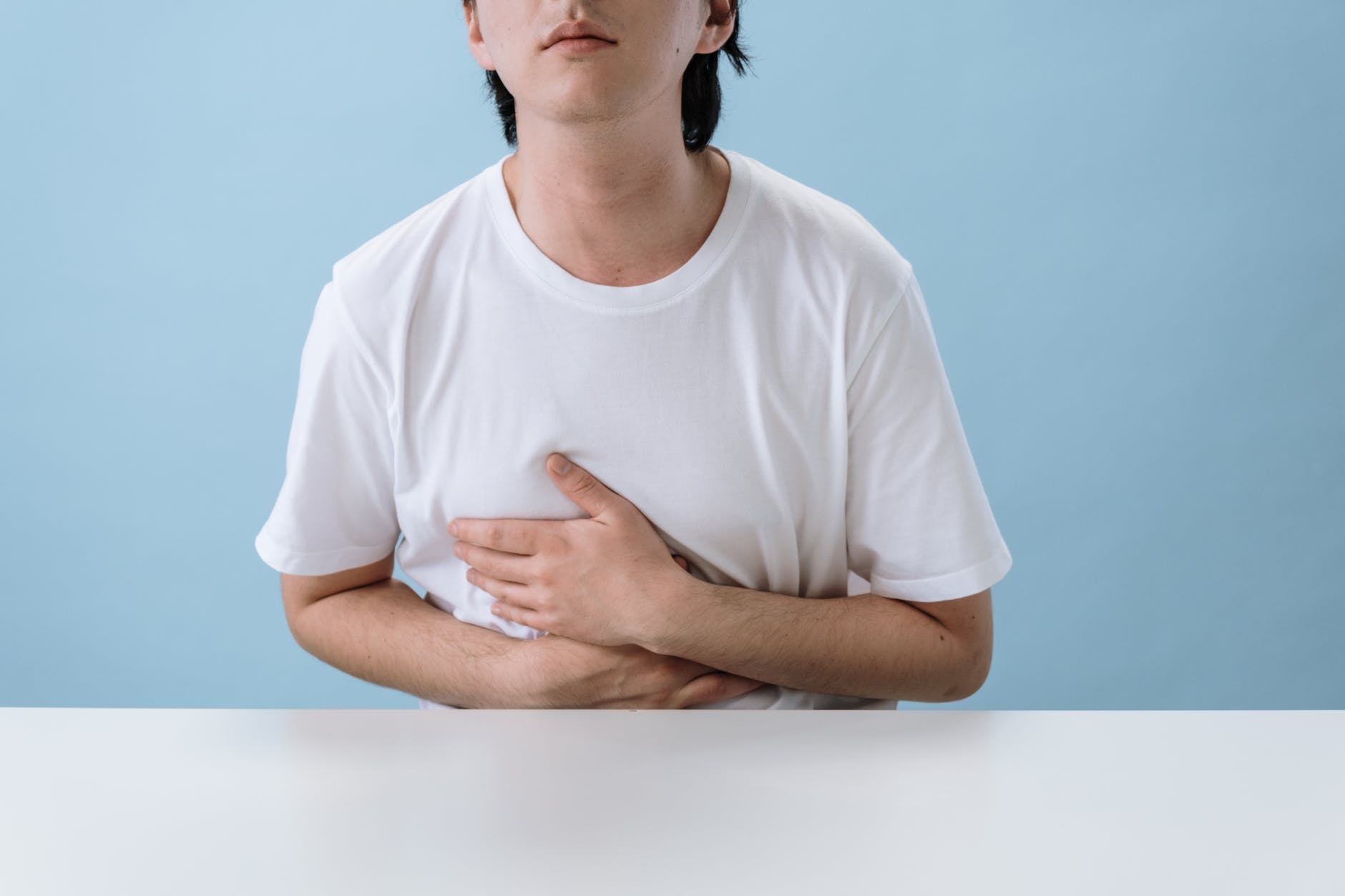![]()
Diarrhea is a condition of the digestive tract that causes frequent, watery stools. It’s symptoms are abdominal cramps, fever, and a change in bowel movements. There are various types of diarrhea caused by various conditions but most of them stem from the fact that something has gone wrong with your intestines.
What is diarrhea?
Diarrhea is a condition where the body eliminates large amounts of water and waste through the digestive tract. Diarrhea causes stomach cramps, nausea, and vomiting. The most common cause of diarrhea is a bacterial or viral infection such as rotavirus, cholera, shigella, and giardia. Diarrhea can also happen when the gut becomes over-stimulated by factors like food poisoning or antibiotics.
Symptoms of diarrhea
Diarrhea is the number one cause of dehydration. It affects people of all ages, and can happen to anyone. Signs and symptoms of diarrhea include: frequent or urgent watery bowel movements, abdominal cramps, fever, vomiting and nausea. Diarrhea is generally a symptom of an underlying condition like the flu, food poisoning, or other infections. It usually starts with watery and frequent bowel movements, then progresses to having stools that are loose and watery. Stool that is bloody can occur as well. While diarrhea is generally not dangerous, it can lead to dehydration and electrolyte imbalance.
Diagnosis of diarrhea
Diarrhea is the passing of loose, watery bowel movements. It can happen from any kind of infection or even cancer treatments. A doctor will test a stool sample for blood, bacteria, and parasites to get the best idea of what is going on. It’s important to keep hydrated in this situation because dehydration can make diarrhea worse.
Medical treatments for diarrhea
There are many medical treatments for diarrhea. There are antibiotic, antidiarrheal, antacids, and anti-inflammatory medications available. The most effective treatment is to reduce the inflammation in your body which can be done by taking ibuprofen or acetaminophen. If you find yourself having diarrhea a lot, you should try not to eat dairy products and stick to low-fat or non-fat dairy like almond milk or soy milk
Side effects of Diarrhea
Diarrhea is a condition that causes the intestines to empty their contents too quickly. It is not a serious condition, but it can be unpleasant, and it can be dangerous for people that are very young or old. If diarrhea lasts for more than three days, you should see a doctor because it could be a sign of an infection. Diarrhea is often one of the most severe symptoms associated with other illnesses, but it can also be a result of many other illnesses like diabetes, liver disease, and even chemotherapy. Not only can diarrhea cause permanent damage to the digestive system, but it can also lead to dehydration.
What can I do to prevent or cope with diarrhea?
Dehydration can also be a complication of diarrhea. To prevent or decrease dehydration, drink plenty of fluids- water and/or sports drinks. Just keep in mind that you should not rehydrate by drinking too much fluid at once as this could lead to vomiting or choking.
Foods to avoid during diarrhea
Foods that are high in sugar, and foods with a lot of salt can cause diarrhea. Eating too many fruits can cause stomach cramps. Foods that are high in fiber can also cause diarrhea. If you are experiencing diarrhea, be sure to avoid foods that will make your symptoms worse. These include milk and dairy products, fruit juice, carbonated beverages, caffeine, alcohol, salty foods, raw vegetables like carrots and celery, and raw meat.
Foods that help relieve diarrhea symptoms
Diarrhea is a disease that affects nearly everyone at one time or another. Most cases of diarrhea are caused by a viral infection, but there are some cases that may be caused by bacteria or other problems like food poisoning. Diarrhea can cause dehydration and lead to stomach cramps, nausea, vomiting and/or fever.
